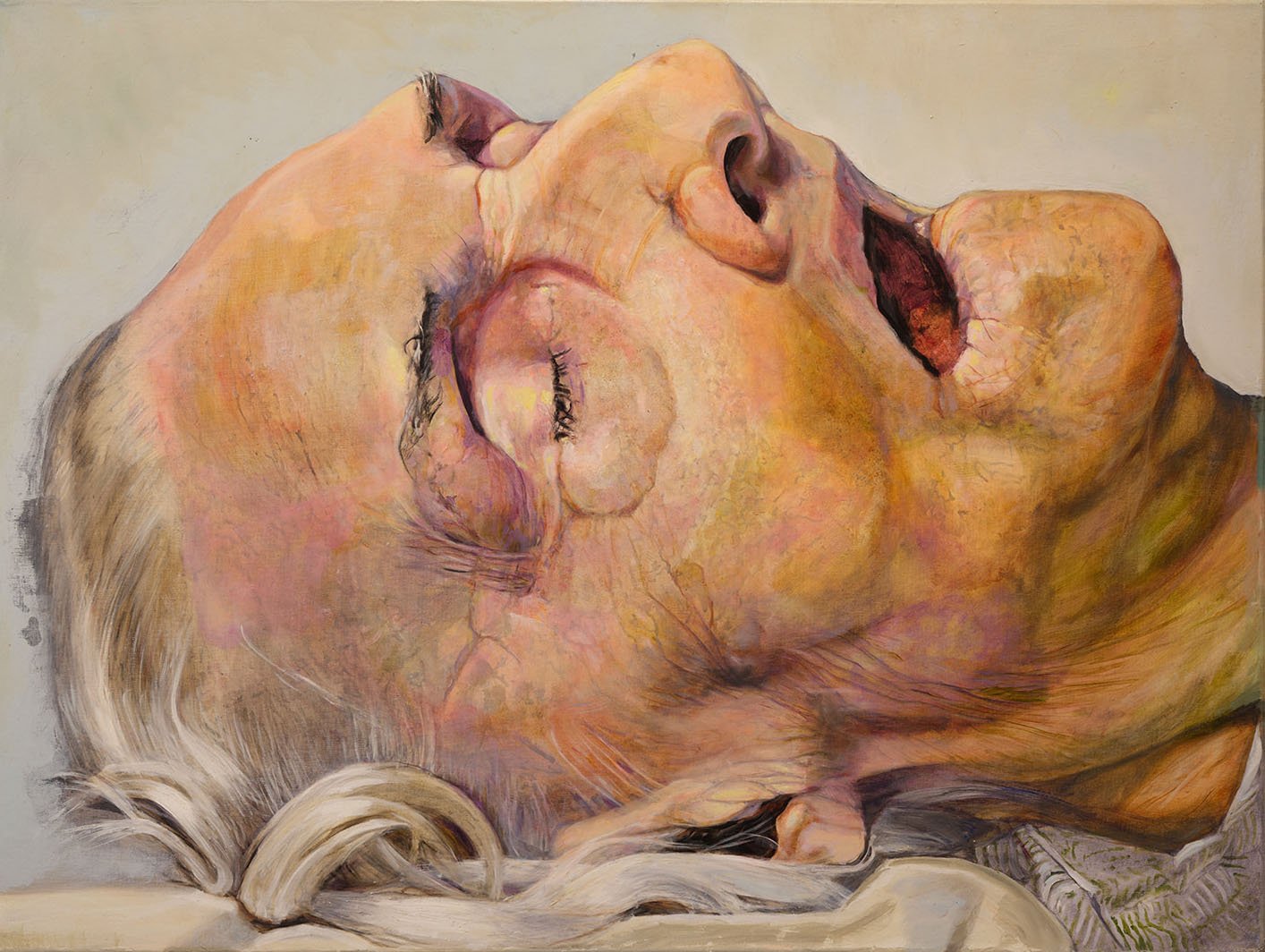In my mother’s final hours, I witnessed terminal (or paradoxical) lucidity, a sudden and dramatic return to herself as she was before her dementia. ‘Terminal lucidity’ is “the re-emergence of normal or unusually enhanced mental abilities in dull, unconscious, or mentally ill patients shortly before death, including considerable elevation of mood and spiritual affectation, or the ability to speak in a previously unusual spiritualized and elated manner.” It is also known as an end of life rally or the surge before death.
This puzzling phenomenon today is reported in five to ten percent of patients with Alzheimer’s and other cognitive challenges. Experts offer various physical explanations for terminal lucidity, but cannot explain its common occurence across a wide variety of situations—even in cases involving severe irreversible brain damage (strokes, tumors, meningitis, stroke, as well as advanced Alzheimer’s disease) that should permanently hamper normal function.
Witnessing a death accompanied by these puzzling events raises questions: Is the mind (consciousness?) something outside the brain, using it as a sort of organ of transmittal? In escaping the confines of the brain in death, is the self (soul? spirit?) set free?
This phenomenon also raises troubling questions around the degree to which we have miscast dementia in our cultural abhorrence of both cognitive impairment and old age. We value persons according to their use to society and we view the self as being absent in dementia patients. Terminal lucidity confounds a definition of the absence of selfhood in Alzheimer’s disease.













